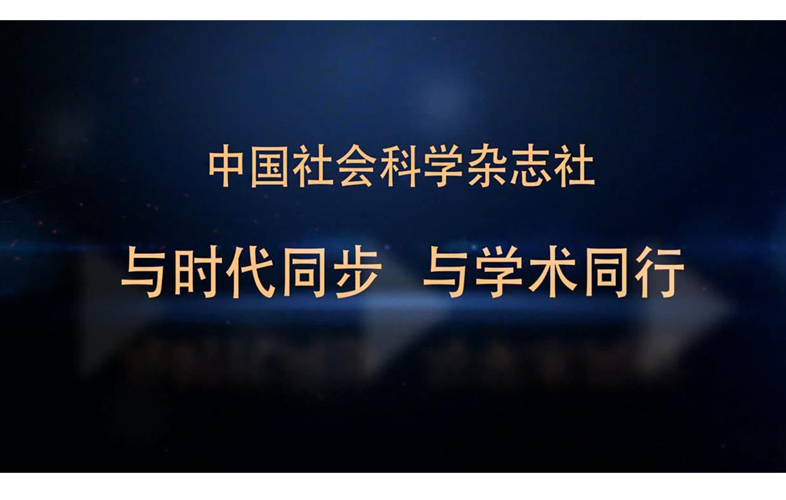Wu Zhen
School of Liberal Arts, Renmin University of China
Abstract:Ancient Japanese music books have been quite effective in preserving the way the Chinese culture of time evolved dynamically abroad. Studying the relationship of music and dance with the times and festivals revealed in Japanese music books can help restore the context of the rituals and customs of music lost in its Chinese homeland. Japanese Gagaku has succeeded in passing down the seasonal quality of ancient Chinese banquet music which echoed the cycle of times, seasons and phenology and produced a seasonal regularity under which the music corresponded to the season. Some more symbolic Chinese music and dance were selected as the standard music for festivals such as the Double Third Festival, the Double Seventh Festival, and the Dragon Boat Festival. The many aspects of the Chinese culture of time that were accepted by Japan were threedimensional: they included not only the calendar, solar terms, festivals, and other points of time and knowledge of the seasons, but also cultural customs such as sacrificial ceremonies, music and dance, literary narratives, meat and drink, and sports and games. The culture of time that originated from the Han and Tang dynasties not only sustains East Asian countries’ identification with natural laws and time, but also shapes their societies’ shared aesthetic perception of nature, time, and life.
Keywords: East Asian cultural sphere, traditional festivals, cultural communication, Chinese texts kept overseas



